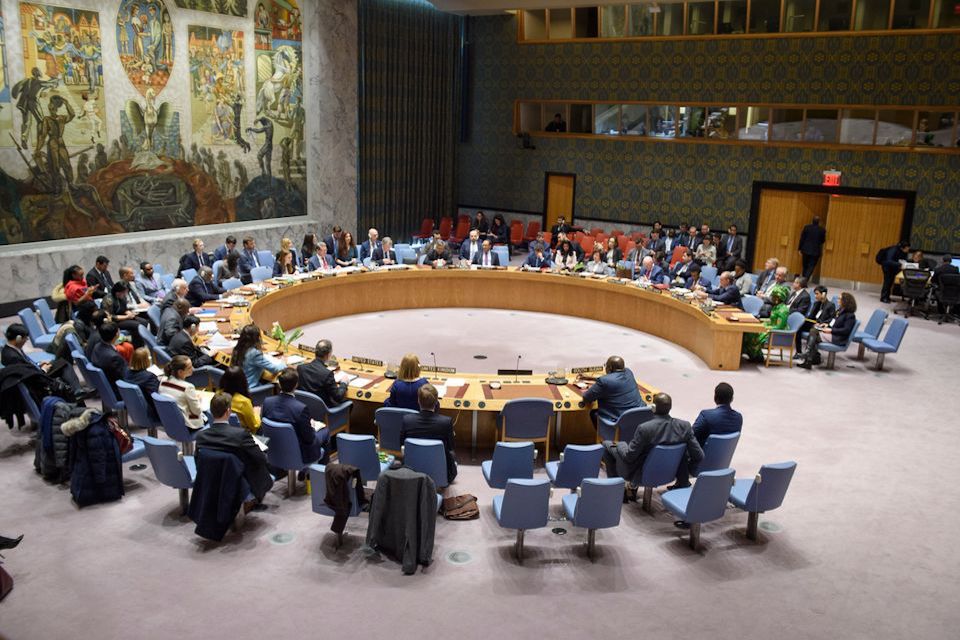Efforts to build stability in Burundi
Statement by David Clay UK Deputy Political Coordinator to the UN, at the Security Council briefing on Burundi.

Thank you Mr President. And I’d like to begin by thanking all of our briefers this afternoon.
Mr. President, the United Kingdom shares the ambition expressed by other speakers today for inclusive, peaceful and fair elections next year and an end to the humanitarian, human rights and political crisis.
However, since our last meeting there has been no progress to securing a solution to the political crisis which can enjoy the support of all Burundian parties ahead of the elections. We regret in particular the lack of progress in the inter-Burundian dialogue set out by Commissioner Chergui today. If the political situation is not resolved, there remains a real risk of violence, human rights violations and an escalating humanitarian crisis, which threatens peace and stability within Burundi and the region.
We have seen before, through the Arusha Accords, that it is possible to find a solution through unified and effective leadership from both the region and Burundi. We therefore call on the region especially the East African Community and the African Union and Burundi to demonstrate leadership again with the support of Burundi Special Envoy. We underline the UK support for the efforts of Special Envoy Kafando and emphasise that any solution must be in line with the spirit of the Arusha Accords.
The UK remains ready to review its approach to Burundi including its support for measures taken through the European Union once tangible steps have been taken to improve the current political and human rights situation. Mr President, next year’s elections in Burundi represent a critical juncture for its political developments. There is an opportunity for a democratic transition of power in Burundi for the first time in 14 years. We take note of the administrative preparations that have been made as outlined by ASG Fernandez-Taranco this afternoon. But we remain concerned by wider restrictions on the political freedoms that are essential for the conduct of free and fair elections.
In particular, since the last Security Council briefing in February, the Government of Burundi has made the disappointing decision to revoke the BBC’s operating license. Concerning comments have also been made by officials within the National Independent Electoral Commission proposing restrictions on the Burundian media. We call on the Government of Burundi to engage with the BBC to reinstate their operating license and to commit to enabling an independent media environment within Burundi.
Finally Mr President, I would like to underline the UK’s concern about the humanitarian situation in Burundi and stress the importance of maintaining international support for humanitarian efforts. In 2019, OCHA estimates that 1.8 million Burundians (15% of the population) will need humanitarian assistance. As of 31 March, some 125,000 Burundians remained internally displaced. I would like to particularly draw attention to the fragile situation faced by refugees and pay tribute to the work of UNHCR which is assisting 350,000 refugees through the Burundian refugee response plan.
In conclusion Mr President, with elections next year taking place amidst this fragile political and humanitarian situation, it is vital that the UN Security Council remain seized of this issue and engage to support efforts to find a solution and build stability in Burundi. Thank you.